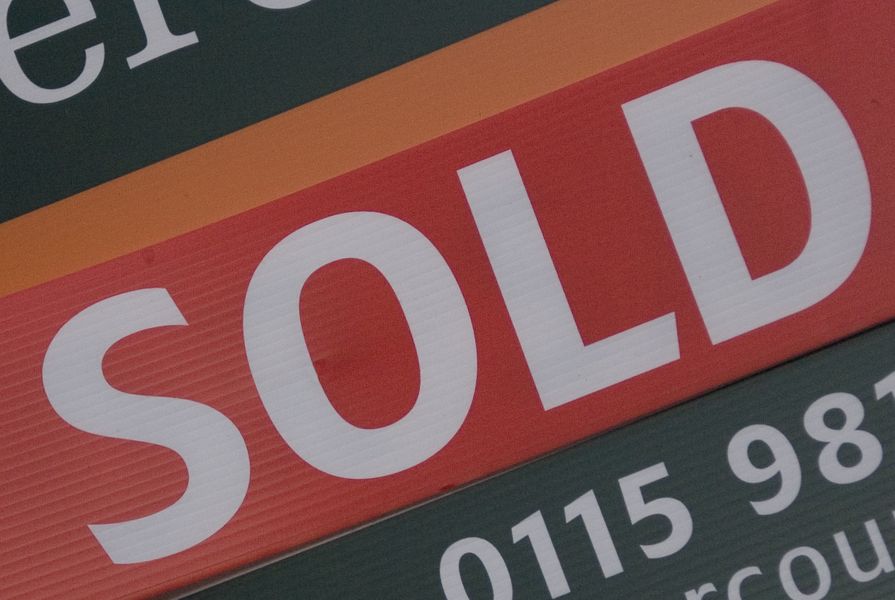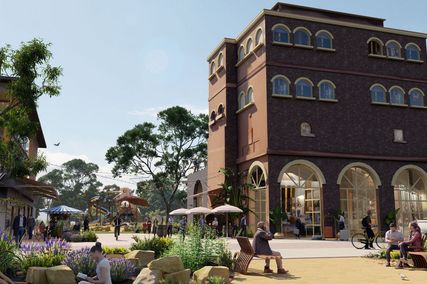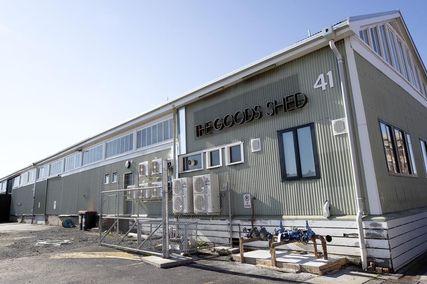The Property Council of Australia has called for the abolition of the stamp duty and a rise in the GST in a submission responding to the federal government’s recent tax discussion paper.
The organization described the stamp duty as, “Australia’s most distorting tax,” calling it an unreliable source of state income that slows the economy and deters transactions.
The Property Council’s submission suggests a rise in the goods and services tax (GST) across the country could serve as a means to make up for the loss of revenue the abolishment of the stamp duty would cause. The GST came into effect under the Howard government in June 2000, and has remained at 10 percent ever since.
The submission does not come as a surprise after the Property Council recently released its 2015 Development Assessment Report Card, which called for planning reforms that include the abolition of the stamp duty.
RMIT University environment and planning professor Michael Buxton disagreed with most of the planning reforms put forward by the council, but said the stamp duty was of concern.
“Governments are ripping off consumers on stamp duty by not adjusting them over time for property price increases,” he said.
“People are paying huge amounts of stamp duty for houses that are being bought by middle income purchasers that were once being bought by rich people. Governments are now addicted to stamp duty in the same way they’re addicted to poker machines and gambling revenues.”
Buxton said it was important to recognise the difference between taxes that affect home buyers, such as the stamp duty, and those targeted at investors, such as the capital gains tax.
“The capital gains tax is a good tax because it’s affecting property investment, but stamp duty is a bad tax because it’s penalizing the house purchaser,” he said.
“Negative gearing is an incentive that is adding directly to the cost of housing by prioritizing investment property purchases over home purchases.”
In other stamp duty news, the ACT chief minister Andrew Barr said last week that the stamp duty would remain part of the territory’s tax system in the long-term, despite an earlier aim to abolish the tax by 2032 as part of a broader tax rerform agenda.
The Property Council reacted strongly to the announcement, saying Barr’s comments contributed to the “roller-coaster” around the issue of stamp duty reform.
The federal government released the tax discussion paper on 30 March 2015, with all submissions recieved by 1 June. The paper signals the federal government’s intention to undertake comprehensive reform of the taxation system over the next few years.
















